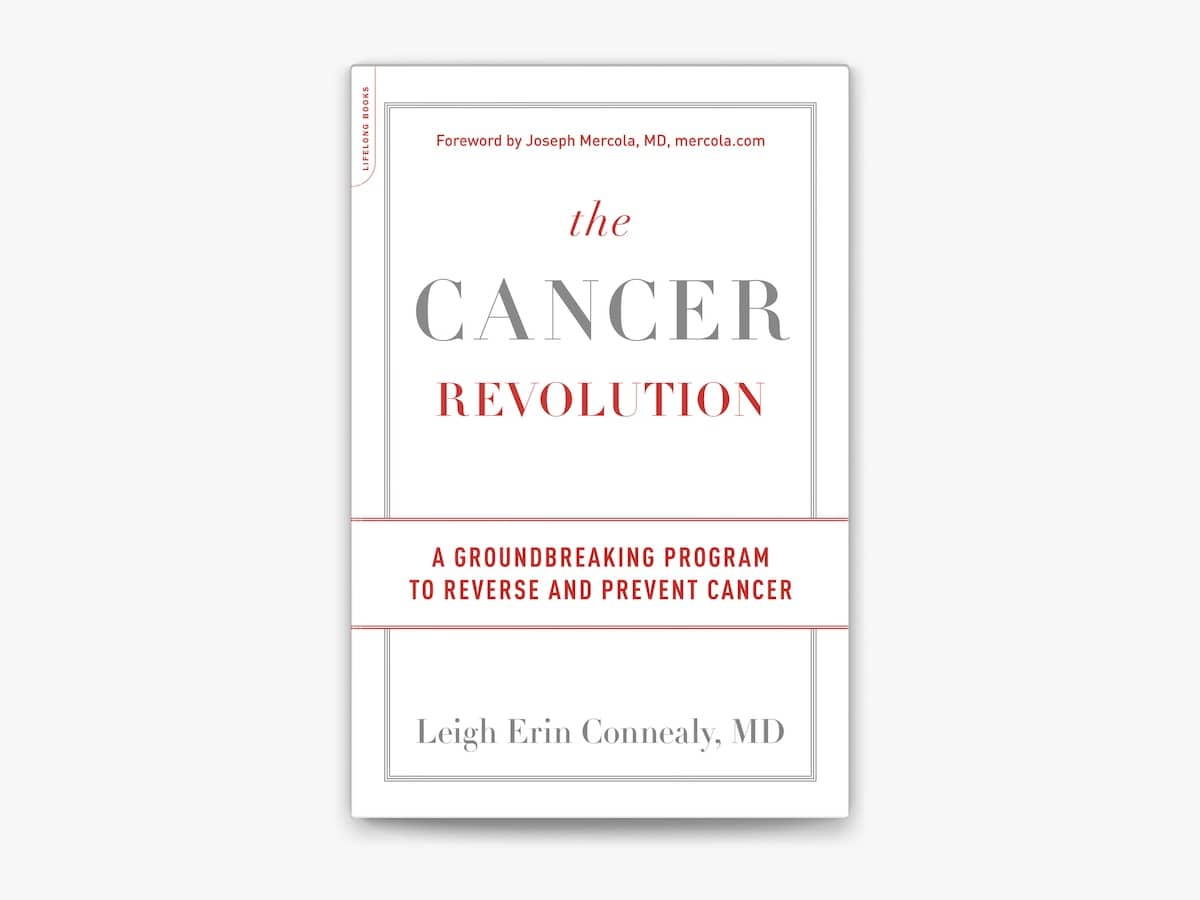In today’s world, more cancer patients are exploring integrative medicine options to complement traditional treatments. While chemotherapy and radiation remain cornerstones of cancer care, many are now seeking holistic methods that address not only the body but also the mind. These mind-body approaches to cancer treatment can help manage symptoms, reduce stress, and improve quality of life.
But how do these methods fit into a cancer care plan, and which ones are worth considering? Let’s explore some of the most popular and evidence-based options that can support cancer recovery and overall well-being.
1. Integrative Medicine: Blending Conventional and Alternative Therapies
Integrative medicine for cancer goes beyond treating the disease; it treats the whole person. This approach combines chemotherapy with natural therapies, creating a holistic care plan that targets both physical and emotional health. Many oncologists now work with integrative specialists to design cancer care plans that include alternative therapies like acupuncture, nutritional support, and mind-body practices.
By combining standard treatments with supportive care options, patients can better manage the side effects of chemotherapy, surgery, or radiation. This partnership between conventional and alternative medicine can be a game-changer for those navigating a cancer diagnosis.
2. Nutrition Therapy: Fueling Your Body for the Fight
Good nutrition is essential for everyone, but it’s especially critical for cancer patients. Nutritional therapy for cancer patients aims to strengthen the body’s immune system, improve energy levels, and help manage treatment side effects like nausea and weight loss.
Specific diets rich in fruits, vegetables, lean proteins, and whole grains can aid recovery and complement medical treatments. Additionally, working with a specialist on a cancer diet and nutrition therapy plan can provide guidance on vitamins, minerals, and herbs and supplements for cancer care that are safe and beneficial.
3. Acupuncture: Reducing Pain and Enhancing Well-Being
For centuries, acupuncture has been used to manage pain and promote healing. It’s now being embraced as part of supportive cancer care options. Studies show that acupuncture for cancer pain can reduce discomfort, relieve nausea, and improve mood. Many cancer centers offer acupuncture as a complementary therapy, making it easier for patients to experience its benefits without abandoning conventional treatments.
4. Yoga and Meditation: Healing Mind and Body
Yoga for cancer recovery is another popular option that promotes relaxation, reduces anxiety, and improves physical strength. Tailored yoga practices can be gentle enough for those undergoing treatment, helping to restore mobility and balance.
Alongside yoga, meditation and mindfulness practices can help ease the mental strain of cancer treatment. These mind-body approaches have been proven to reduce stress hormones, improve sleep, and foster a sense of control and calm during what can be an emotionally overwhelming time.
5. Herbs and Supplements: Navigating Natural Remedies
Many patients explore herbs and supplements for cancer care, but it’s essential to approach this area cautiously. Some herbs can interfere with cancer treatments or cause adverse reactions. That’s why it’s crucial to consult with healthcare providers before adding any supplements to your regimen.
Some commonly used supplements in cancer care include:
- Turmeric: Known for its anti-inflammatory properties.
- Ginger: Used to reduce nausea and improve digestion.
- Green tea: Rich in antioxidants that may support immune health.
A professional can help guide you toward the right supplements that will support, not hinder, your cancer treatment.
6. Immunotherapy and Integrative Approaches: A New Frontier
As advancements in cancer treatment evolve, immunotherapy has emerged as a promising option. This approach harnesses the body’s immune system to fight cancer cells. But what happens when you combine immunotherapy and integrative approaches? Early studies suggest that combining immune-based therapies with mind-body practices like acupuncture, meditation, and proper nutrition can further strengthen the immune response.
While more research is needed, this integrative strategy could offer hope to those with cancers that are difficult to treat.
7. Support Networks: A Pillar of Integrative Cancer Care
Beyond physical treatments, emotional support plays a vital role in healing. Support groups, counseling, and social services offer supportive cancer care options that address the psychological and social aspects of living with cancer. Whether through family support, peer groups, or professional counseling, having a network in place can make a significant difference in coping with treatment and recovery.
The Takeaway: Combining Traditional and Mind-Body Therapies for Comprehensive Care
Integrating alternative medicine for cancer into a traditional treatment plan provides a more holistic path to healing. By focusing on both the physical and emotional aspects of care, patients can experience improved well-being throughout their journey.
It’s essential, however, to communicate openly with your healthcare team. A personalized integrative cancer care plan that combines proven therapies with evidence-based alternative methods can offer the best of both worlds. Always discuss any new treatments, whether natural or conventional, to ensure they’re safe and effective for your specific situation.
For more information on integrating mind-body therapies with cancer treatment, check out National Cancer Institute’s page on complementary therapies.
If you’re considering adding mind-body therapies to your treatment plan, how do you see these approaches fitting into your current care? It’s always worth exploring every option that could enhance your quality of life and offer comfort during treatment.
Disclaimer: The information provided in this article is for educational purposes only and should not be considered medical advice. Always consult with your healthcare provider before beginning any new treatment, including integrative or alternative therapies. Cancer Care Financial does not endorse specific treatments or therapies mentioned in this article. Additionally, Cancer Care Financial provides financial solutions such as viatical settlements to help fund cancer care, but does not offer medical services or advice. Please consult with your medical team and financial advisors to make the best decisions for your individual care plan.







